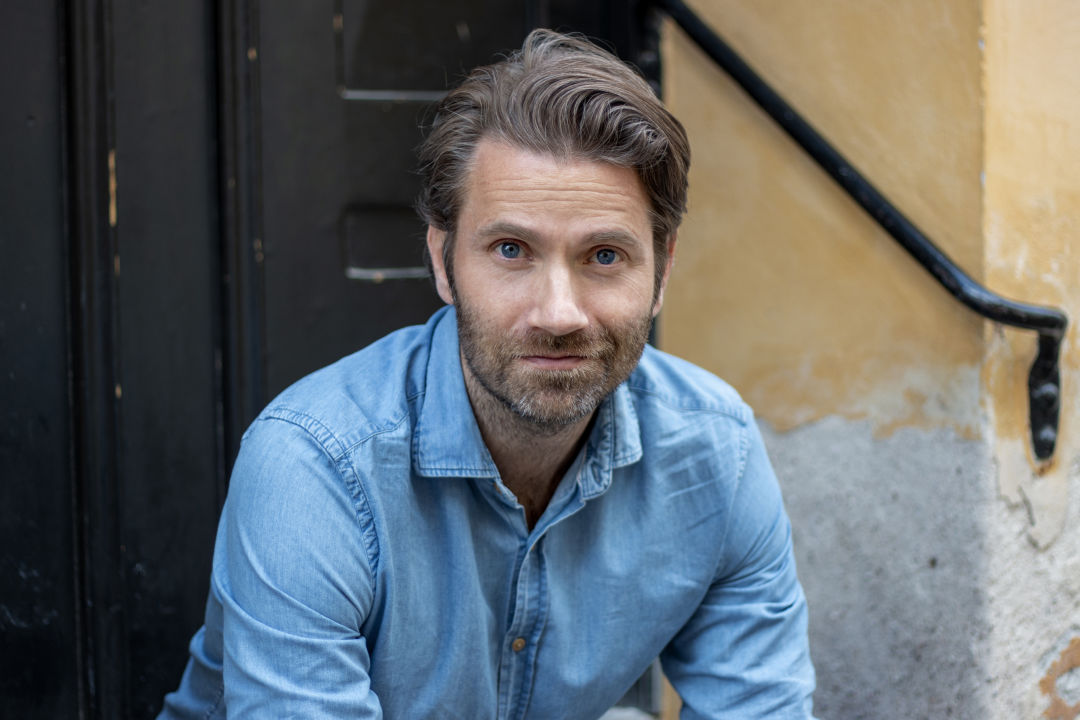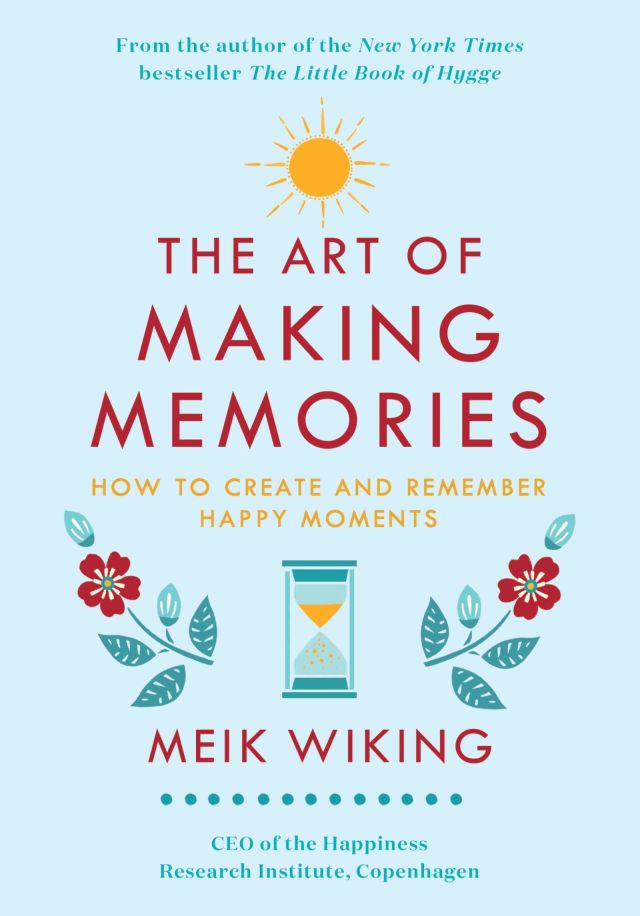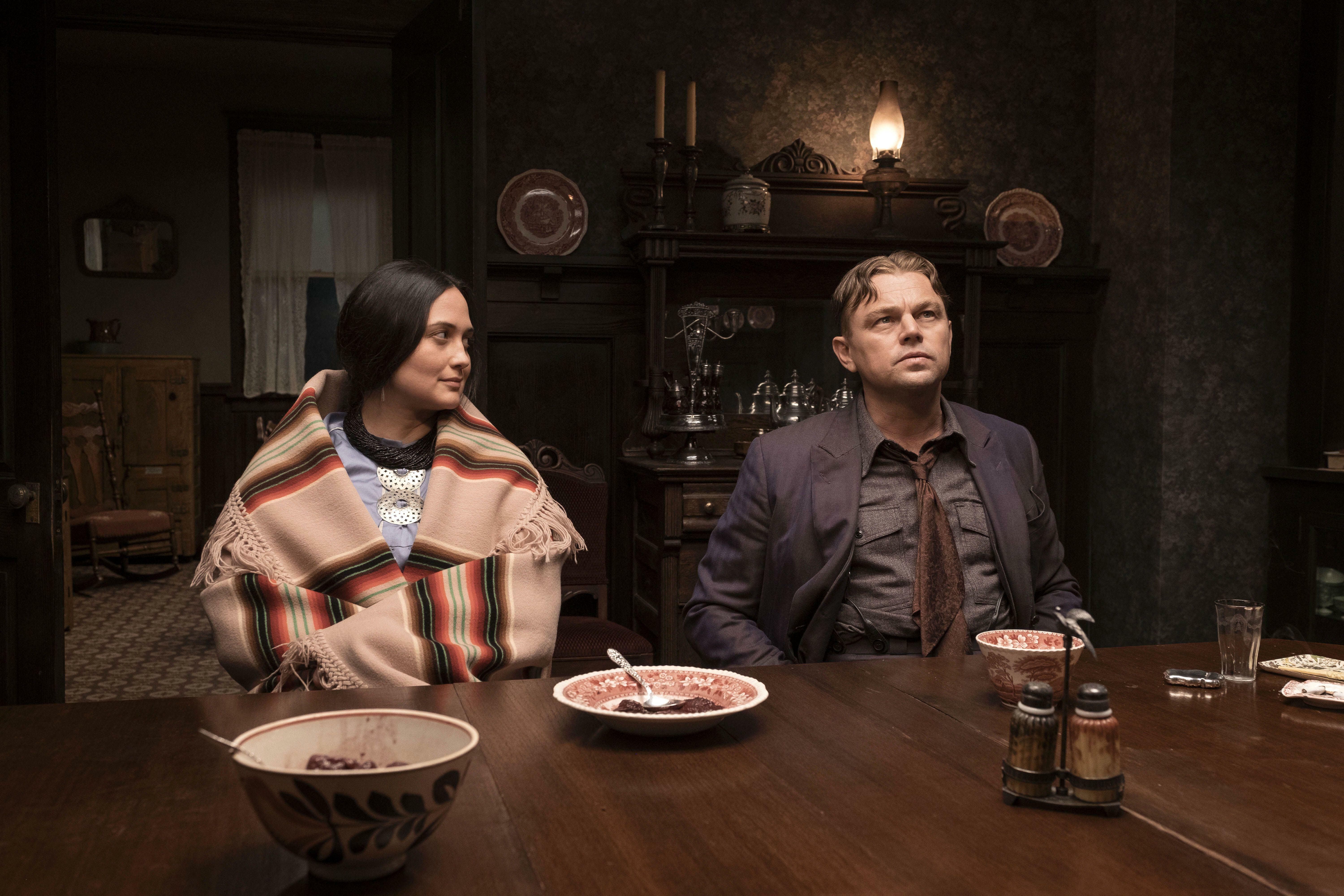Best-Selling Author Meik Wiking on The Art of Making Memories

Meik Wiking
Image: Courtesy Photo
In our information-saturated world, there's one thing that always cuts through the noise: our memories of happy moments. The scent of your favorite cookies baking, that song you played every day on the way to the beach during spring break, or even your first kiss—memories are the foundation of who we are.

The Art of Making Memories: How to Create and Remember Happy Moments
Image: Courtesy Photo
Enter the charming, best-selling author Meik Wiking, who also doubles as the CEO of the Happiness Research Institute (take me there!) in Copenhagen. You may remember Wiking's The Little Book of Hygge—pronounced “hoo-gah”—in which he shares insights as to how the Danish create a cozy atmosphere and a feeling of contentment, even in the depths of long, dark winters. This book completely informed the design and feel of my new home. In fact, a fir candle is burning as I write this.
Wiking has made a natural transition in his newest book, The Art of Making Memories: How to Create and Remember Happy Moments. He culled data, interviews, global surveys, and real-life experiments as to how mental images are made, stored and recalled, and how we can create and preserve warm memories that will stay with us for years. He also explores how we can change the ways in which we remember special moments with little adjustments.
With the holiday season in full swing, I caught up with Wiking to learn how to make the most of all the memory-making opportunities that are upon us. Speaking of, I highly recommend The Art of Making Memories or The Little Book of Hygge (or both!) for a hostess gift or stocking stuffer. You can find Wiking's new book for $19.99 at Bookstore1, 12 S. Palm Ave. in Sarasota.
I don’t know if you’ve heard, but Americans tend to be multi-tasking, on-the-go, cross-it-off-the-to-do-list kind of people. What would you say to us that would encourage taking a moment to make a memory today?
You are a memory architect. You can actually influence what you and your friends, family and colleagues remember in the future. And I think we would all like to be unforgettable and to experience a life full of memorable moments.
One of your suggestions is to take photos that matter to you. Please tell us a little more on what this means in the age of selfies—and other tips you may have.
Photos are just one of the ways we can help our memory. We remember through association. You see something, you taste something, you hear something—like a song from your high school years —and memories starting flowing. So you can use all your five different senses. Think of Andy Warhol, who would change the perfume he wore every three months. That meant that, over time, he had a museum of memories that allowed him to travel in time.
How about memory-making tips for the parents out there?
That is a really important position to be in. Parents can influence what kind of childhood their kids will remember. On simple trick is the power of attention. One woman who read my book was reminded of a time when she was 8 years old and was having dinner with her mom. They were laughing and having fun, feeling happy, and then her mother said, “I hope you remember this moment.” And here we are 30 years later, and she still remembers that moment because her mother pointed it out and made her pay attention to it. Of course, this is a tool that can be overused— you can say that to your kids every night—but it is simple and powerful.
How do we better harness the power of first-time experiences?
So we remember them better. That is why we have so many memories from our teenage years, whereas later in life we don't have as many first experiences. That is also why life seems to speed up as we get older. One idea from the book is to seek out new experiences in a gastronomical sense. For example, invite your friends for what I call the “Apollo Picnic.” The concept is that everybody brings a dish or an ingredient they have not tried before—maybe you bring Danish herring and I bring Carolina Reaper chili. You organize it on July 20, because that is the day of the Apollo mission's moon landing. Then, when the media writes about the Apollo mission, that will trigger your memory your Apollo picnic.
What thing have you discovered in your research that is most alarming, and what has been the most enlightening?
How powerful nostalgia is, and how it is also being used politically. Trump talked about "making America great again," and the Leave Campaign for Brexit talked about "taking back control."
And for fun, a lightning round! What quote makes your heart sing?
The greatest philosopher of the 20th century, Winnie the Pooh, said, "We didn't realize we were making memories, we just knew we were having fun."
Favorite movie?
Let me get back to you on that one. We are currently running a study at the Happiness Research Institute to determine which movie character is the happiest!
Book that changed your life?
The Little Book of Hygge.
What’s your go-to dance move?
Pointy fingers and an overbite.



